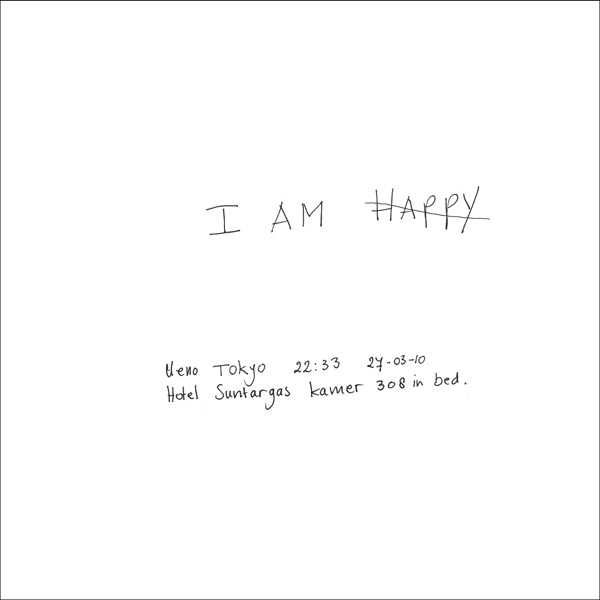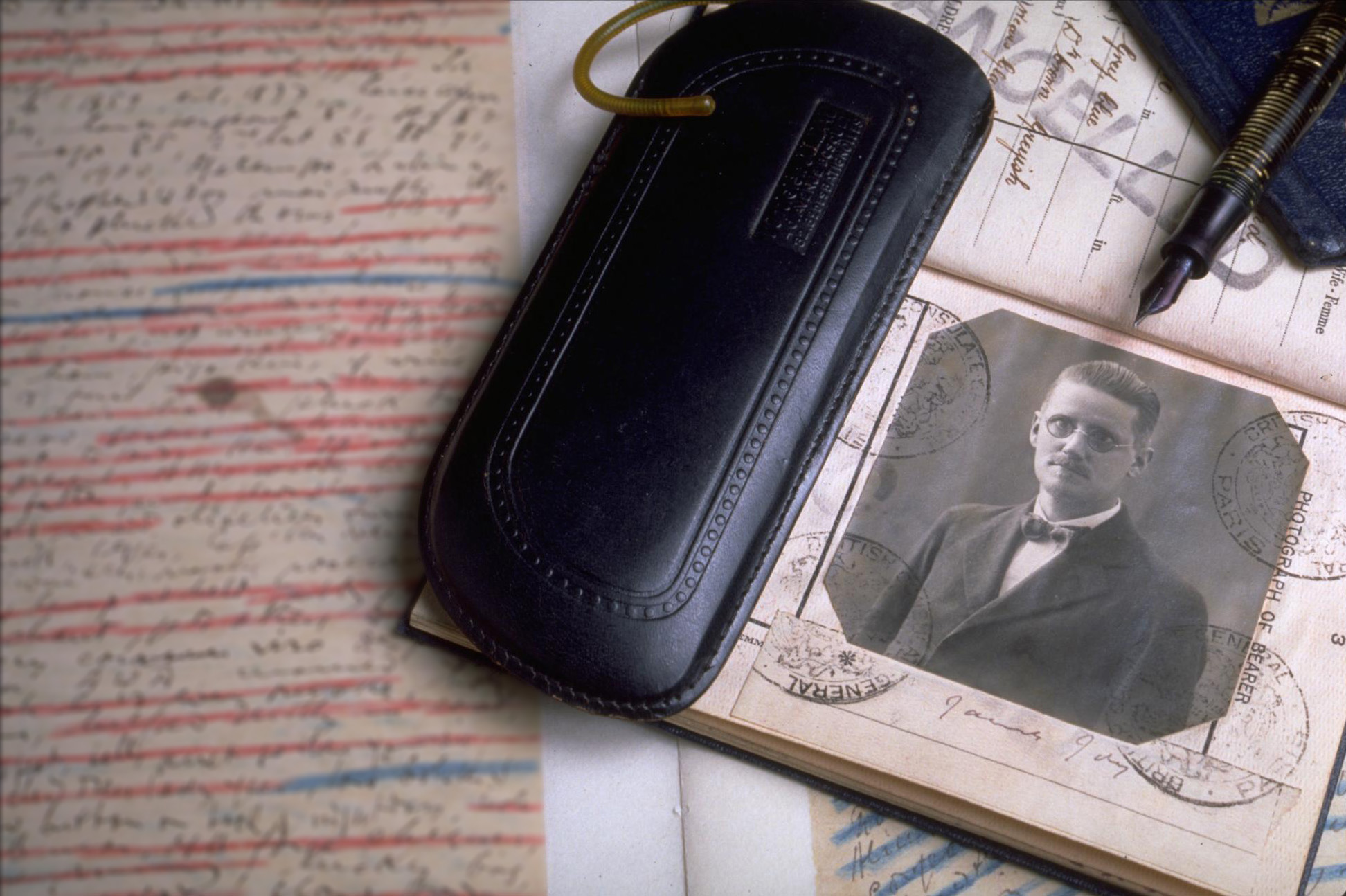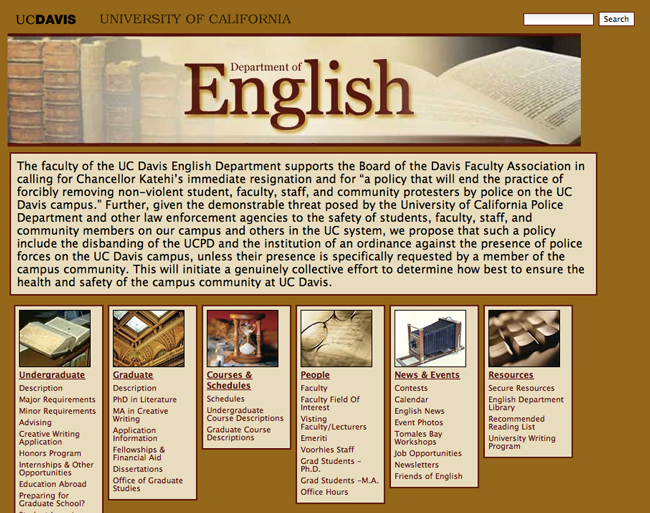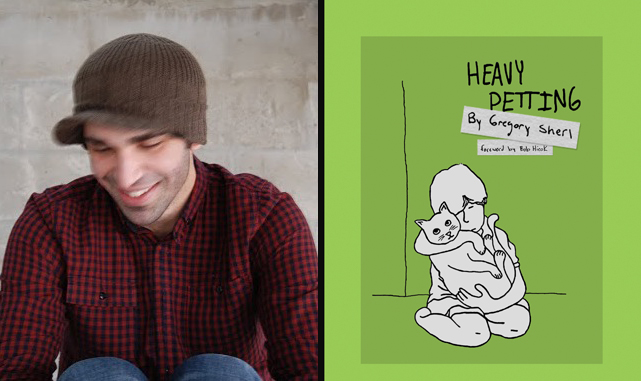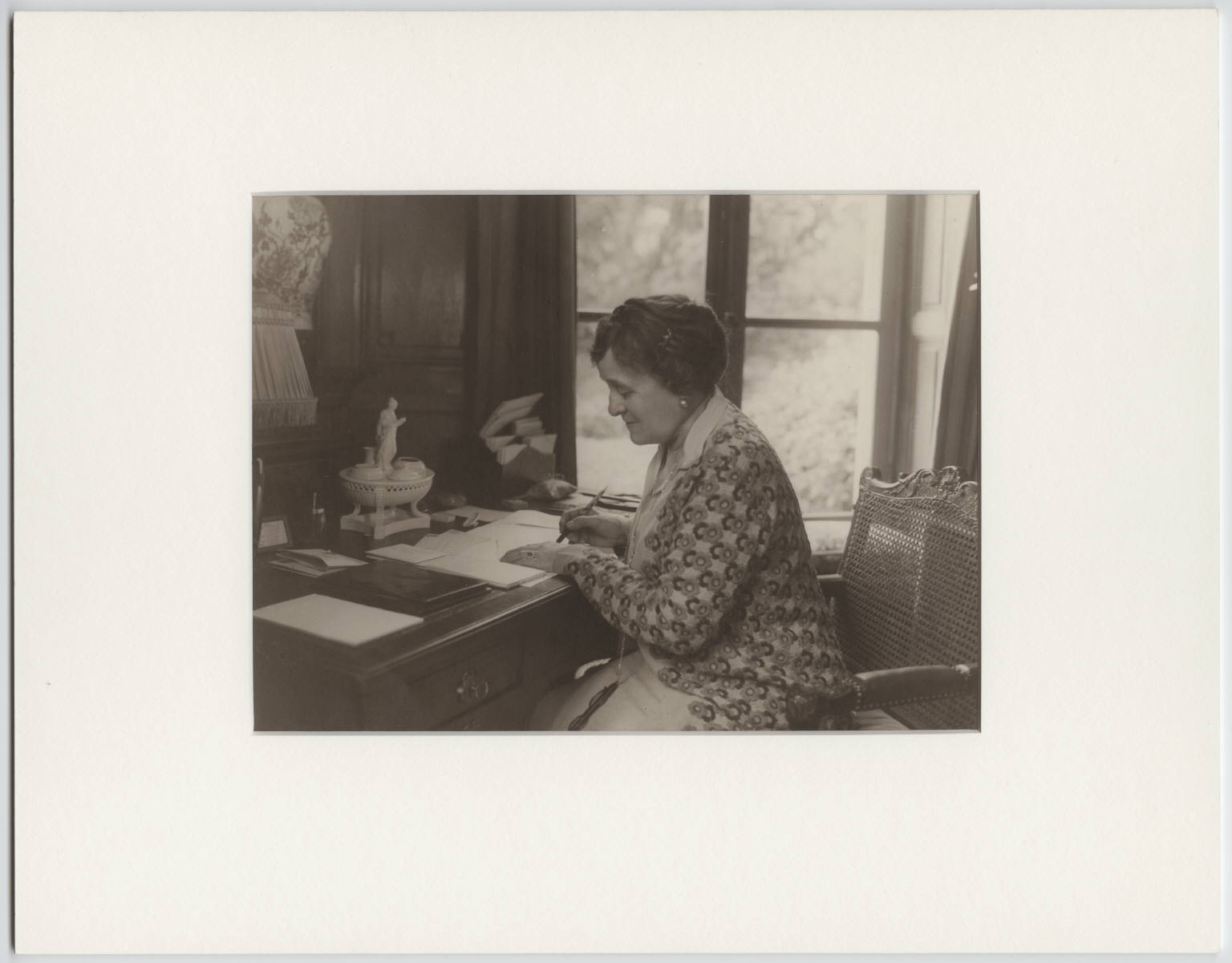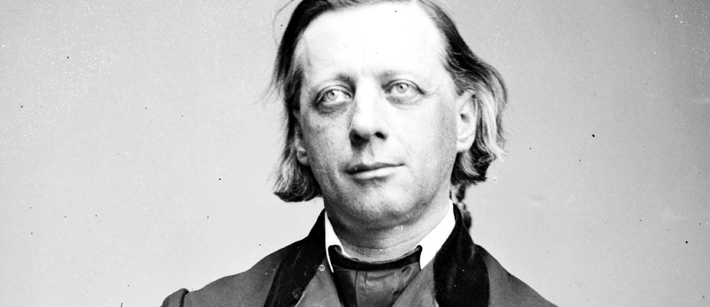
The first thing you will notice about Beecher’s is the design and production–clean and elegant. The spine is bound with black thread. The pages are thick, linen, creamy, the grain of it holding the ink to the page.
Introducing a video about the debut issue, the editors said, “Beecher’s One was designed to give the text inside primacy, and as well record the reader’s tactile interaction with the physical magazine. The layout is straight-forward, and the text is presented simply in a black serif font on white paper. The physical object, with a naked spine and rigid, toothy, absorbent paper is meant to show evidence of the reader by literally absorbing and recording the reading experience: the hands holding the book, the fingers on the page, the bending of turned pages, the weakening of the unprotected spine.”
Reading Beecher’s is, indeed, a physical experience that openly acknowledges and engages the reader. This is a magazine that wants to develop a relationship with readers and writers. In this, and other regards, Beecher’s succeeds beautifully. The writing showcased within the magazine’s pages is as engaging as the design and production. Contributors include Rebecca Wadlinger, Alec Niedenthal, Joshua Cohen, Rhoads Stevens, John Dermot Woods, Phil Estes, Creed J. Shepard, Lincoln Michel, John Coletti, Yelena Akthiorskaya, Colin Winnette, Dana Ward & Stephanie Young, James Yeh, Alexis Orgera, Rozalia Jovanovic, Ricky Garni, and Justin Runge as well as interviews with Stephen Elliott and Adam Robinson.
READ MORE >



